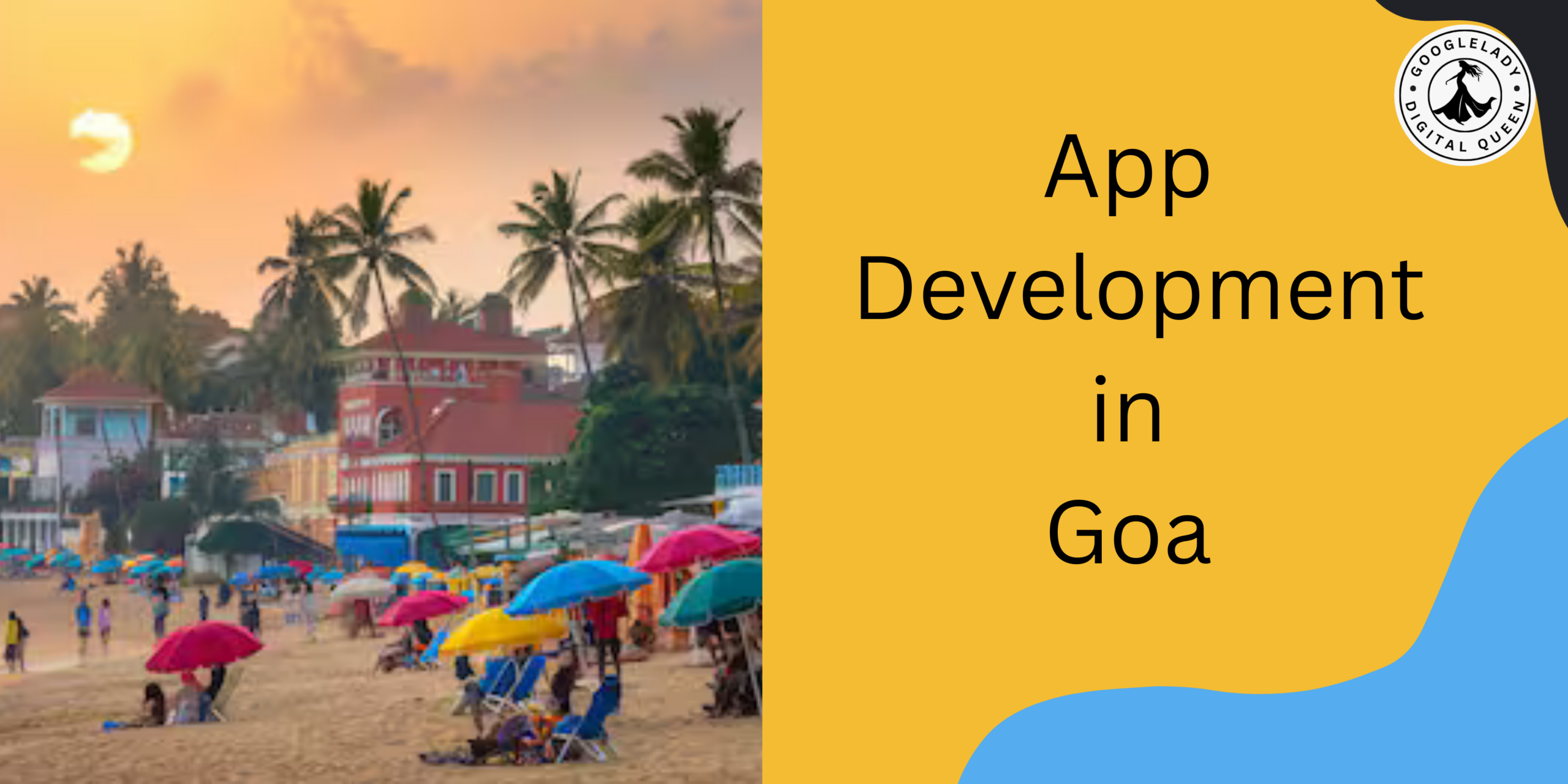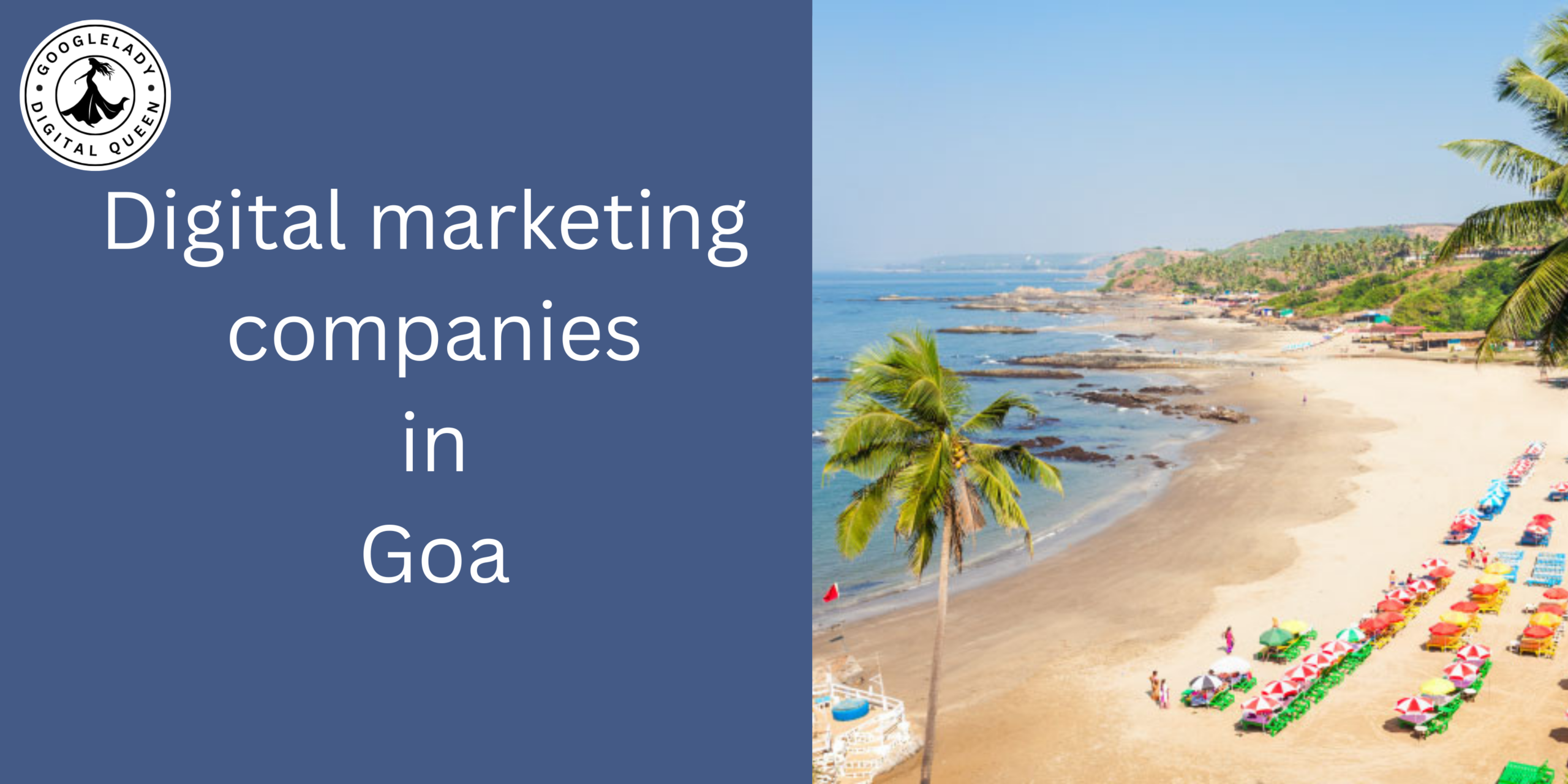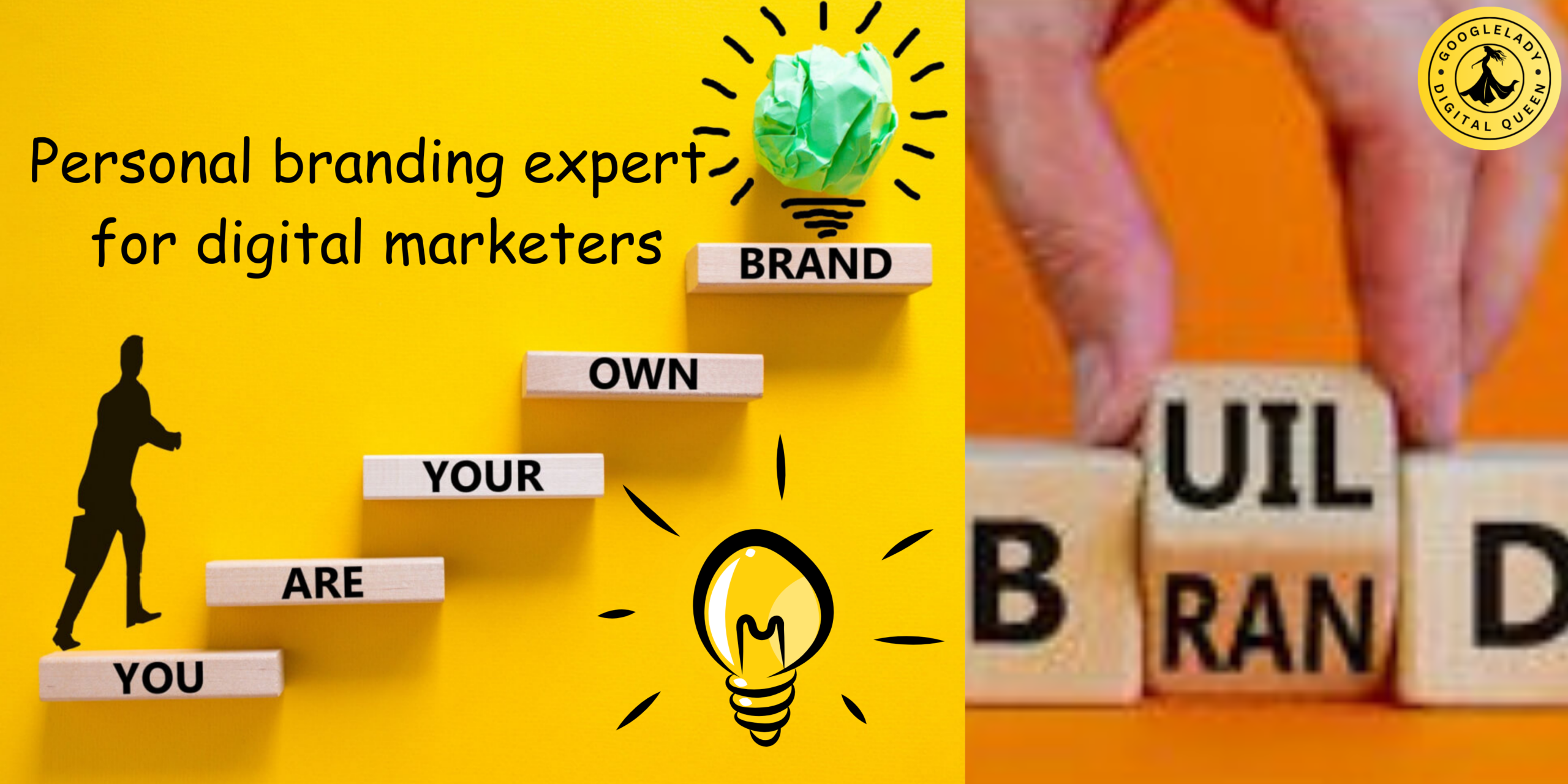Unleash the impact of organic digital marketing, the sustainable route to grow your brand through SEO strategy, content marketing, and social media engagement to engage audiences. Find strategies, examples, and trends that increase your visibility, trust, and long-term success.
Introduction
In our hyper-connected world, organic digital marketing has emerged as one of the most effective, and sustainable ways for brands to build trust, visibility, and engagement in the online space. In contrast to paid advertising, organic marketing brings in customers naturally over time rather than paying for a click or impression.
Organic marketing begins with creating great content, optimizing that content for search engines, building strong social relationships, and creating an authentic presence online that connects with the audience.
According to HubSpot’s 2024 Digital Marketing Report, 68% of all online experiences begin with a search engine, and businesses that invest in organic marketing channels like Search Engine Optimization (SEO) and content marketing earn 3x more leads than paid search advertising. This illustrates the point of how vital it is in growing a long-term brand grows that is sustainable and invested in an organic marketing strategy.
Organic advertising, organic online marketing, and organic content marketing are not just buzzwords — they also signal a shift toward authenticity and value-centric communication.
The Basics of Organic Digital Marketing: The Essential Strategies and Procedures
At its core, organic digital marketing is all about engaging with audiences in a natural way without paid advertising in the equation. This engagement occurs naturally through a variety of non-paid channels such as search engines, social media, email newsletters, blogs, and communities. The key to the success of organic marketing is consistency, authenticity, and genuine value to the target audience.
A significant part of organic marketing is Search Engine Optimization (SEO). By optimizing your website with meaningful keywords, authentic backlinks, and quality content, SEO can help to increase your chance of ranking higher in the search results.
For instance, a company that sells eco-friendly skincare products might choose to develop organic keywords around the phrases "natural skincare routine" and "tips for sustainable beauty." Such an organic marketing strategy can consistently drive traffic over time without any costs associated with paid advertising.
Platforms such as Instagram, TikTok, and LinkedIn provide quality channels for organic marketing authentic and engagement. For example, a small coffee shop could post Instagram Reels to show people how it brews coffee as a way to gain followers by telling a story versus running paid ads.
Content marketing is also extremely important. Quality blogs, videos, podcasts, and infographics help brands establish themselves as experts in their space. Organic content marketing not only improves search rankings, but it also starts to build trust.
According to Demand Metric, content marketing is also 62% less expensive than traditional advertising, and it generates roughly three times the amount of leads. This makes it a good organic digital marketing strategy for businesses of all sizes.
Benefits of Organic Digital Marketing for Brand Visibility and Engagement
The benefits of organic digital marketing extend beyond cost savings. One of the primary benefits is ongoing visibility. Once a paid ad fees run out, it will stop being efficient and generate traffic. Organic content is capable of introducing visitors to your business through your website for months or even years.
A blog post that is properly optimized, for example, may keep appearing on the first page of Google, bringing you a new visitor every day.
Another significant advantage is brand credibility, as consumers tend to trust organic ads—like social media posts, blogs, and videos—over traditional ads. A study from Nielsen’s Global Trust in Advertising report revealed that 88% of consumers raised their trust in recommendations from family and friends, while 70% said they trust online reviews or organic content. In other words, organic advertising lets you bond with your audience more strongly than paid methods.
You can see organic marketing examples in the ways brands use storytelling and community building to increase sales. For example, Patagonia’s organic marketing strategy is focused on environmental advocacy, not on actual sales. Patagonia shares authentic, behind-the-scenes stories about guiding efforts related to sustainability in order to gather loyal customers and create value in earned media now amounting to millions of dollars.
In another example, Starbucks uses organic content marketing on their social channels in the form of user-generated photos of coffee moments. This not only creates a sense of community engagement but positively keeps engagement high without heavy paid advertising.
Cost efficiency is another benefit of organic marketing. Yes, organic digital marketing often takes time to see tangible results; however, it is much more sustainable overall. A report from BrightEdge, for example, notes that over 53% of website traffic originates from organic search compared to just 15% from paid search inquiries. This indicates that businesses focusing on organic internet marketing will have ongoing access to paid advertising.
Key Tools for Assessing Your Progress in Organic Digital Marketing
It's very important to keep track of how organic channels are performing to understand what's working, and where there is opportunity for improvement. Tools such as Google Analytics, Google Search Console, and SEMrush provide extensive detail on website traffic, keyword rankings, and user behavior. For example, looking at which pieces of content are attracting the most traffic, or which keywords have the most engagement, will help refine your organic strategy to pursue opportunities.
If your organic marketing is on the social media platforms, tools such as Meta Insights, Sprout Social, or Hootsuite will help you evaluate organic media marketing performance. Each will allow you to see metrics such as reach, engagement rate, and audience growth for each piece of organic content. For instance, if a brand’s organic content on Instagram has higher post engagement on weekends, this might be valuable information for establishing a posting schedule that attracts more engagement.
If you use email marketing platforms (like Mailchimp, ConvertKit, etc.) for organic audience building, you will also be able to measure open rates, click-through rates, and conversions from organic campaigns. These statistics, paired with a Customer Relationship Management (CRM) system, give marketers a clearer picture of how organic online marketing fits into the larger lead generation process and more accurately evaluate the impacts on customer retention.
Additionally, platforms optimized for content such as Yoast SEO and Surfer SEO help improve the daily performance of your site by examining keyword usage within the content, reviewing readability of the content, ensuring meta descriptions are optimized to represent what the content is about, etc. For example, these platforms will help you in increasing a blog's visibility by giving best practices for organic search optimization.
Best Practices for Optimizing Your Organic Digital Marketing Efforts
For brands to be successful with organic digital marketing, they must place an emphasis on authenticity, consistency, and relevance. A successful organic marketing strategy starts with an understanding of the target audience's interests and pain points. By pushing content that authenticates the things the audience are concerned about in a sincere way, the brands encourage organic buying.
One best practice is to create evergreen content—an article, video, or guide, content that will remain relevant over time. For example, a blog titled "What Is Organic Digital Marketing and Why It Matters" is a blog that can engage new readers year after year.
The second best practice to implement is leveraging these organic channels in a synergistic way. For example, the YouTube video can link to the blog, and the blog can push the reader to follow them on the social media channels, allowing the brand to develop a holistic ecosystem of organic online marketing.
It is also important to increase community involvement. User generated content, live sessions, or simply replying to comments can greatly enhance organic reach. According to Sprout Social, 57% of consumers are more likely to purchase from a brand they are following on social media, especially when brands engage directly.
It is also important to have a level of consistency. When you are regularly posting to social platforms, creating blog content, and engaging online, you are informing search engines and audiences alike that you are reliable. An organic agency or organic digital agency can assist businesses in planning, producing, and distributing consistent content that aligns with their objectives.
Also increasingly important is optimizing for mobile and voice search. Over 60% of Google searches are coming from mobile devices, and making sure websites are mobile friendly enhances user experience and supports SEO rankings.
Emerging Trends in Organic Digital Marketing: A Look Ahead
The field of organic digital marketing is changing quickly as technology and consumer behaviour evolve. Artificial intelligence (AI) and machine learning are now making their way into organic marketing strategies through personalization of content or targeting of consumers. For example, AI tools can mine user data and recommend blog topics or optimize content to improve engagement.
The increasing embrace of organic content marketing with a video base is another trend. Short-form videos, to be specific, have taken the lead in the attention of users through platforms like TikTok, YouTube Shorts, and Instagram Reels. Brands that focus on producing authentic video content – such as behind-the-scenes or educational videos – are experiencing abundant organic growth.
For example, Gymshark is an example of a brand that rapidly built up a massive community entirely through organic digital marketing on social media by focusing on relatable, user-generated content.
Voice search optimization is also on the rise. Simultaneously, smart assistants like Alexa and Google Home have brought organic search strategies into focus through the conversational word and local SEO. According to Google, 27% of the global online population is using voice search on mobile devices, which means that voice will naturally become an important element in organic internet marketing going forward.
Sustainability and ethical branding will continue to impact organic marketing, driven primarily by consumers' desire for transparency. Brands that emphasize authentic storytelling, value-driven messaging, and community development will remain distinctive and preferred.
Additionally, organic advertising examples are extending beyond traditional media platforms. Podcasts, niche forums, and communities based on Reddit, Discord, and other platforms are establishing themselves as legitimate and powerful channels for organic engagement. These platforms allow brands to connect with engaged audiences that are targeted, instead of using banner ads, video ads, or intrusive advertisement methods.
When exploring the principles of organic digital marketing — including how SEO plays a role in driving sustainable traffic and visibility — it becomes clear that mastering Search Engine Optimization Techniques is essential for long-term online success. According to insights from Google Lady’s article on organic digital marketing, ranking well requires purposeful keyword optimization, quality content, and careful on-site and off-site strategy to help search engines recognize your value and relevance. At Sanctify, our comprehensive resource on Search Engine Optimization Techniques,breaks down foundational methods you can apply today to improve SERP visibility, enhance user engagement, and grow organic traffic with measurable results.
conclusion
In an era when consumers would rather connect with brands based on authenticity than with blatant promotion, organic or a less overt form of digital marketing, represents the most sustainable method for online brand building. By developing organic digital marketing methods, brands can develop content that is worthy of SEO time and social engagement, thus building an online presence that is lasting and draws customers back over time.
While paid techniques can deliver instant results, they will fall short of building lasting emotional connections and demand. The real value is in the combination of paid and organic marketing; leveraging ads to increase your reach to new audiences while maintaining an organic foundation, focused on relevance and trust.
In conclusion, investing in organic online marketing is not only a means to save money, it’s about building relationships and authority in your industry. As algorithms change and consumer behavior shifts, those that have mastered organic digital marketing will benefit from growth, loyalty to their brand, and a competitive edge in the digital marketplace.
Regardless if you are a small business, startup, or global brand, implementing organic marketing today will provide the foundation for meaningful connections and long-term success tomorrow.
FAQS
1. What is organic digital marketing?
a. Organic digital marketing is a strategy of attracting customers naturally, without paid advertising. Organic digital marketing leverages SEO, content marketing, social media, and other organic channels to develop relationships, visibility, and long-term engagement with a specific audience.
2. What is the difference between organic marketing and paid marketing?
a. In summary, the primary difference is cost and sustainability. With paid marketing, you can get immediate results through marketing in a variety of ad spots followed by other ads once your budget expires. Organic marketing is focused on long-term growth through value-based content that attracts long-term traffic.
3. What major channels can be used for organic marketing?
a. Organic marketing channels will often revolve around search engines (SEO), social media, email marketing, blogs, YouTube, or community platforms like Reddit or LinkedIn groups.
4. Why is organic digital marketing important for businesses?
a. Organic marketing will generally have a level of credibility, brand loyalty, and long-term appearance. Organic marketing will help connect businesses to a relevant audience, grow web traffic, and nurture leads, all without continuous spend on ads.
5. How long will it take for organic marketing to work?
a. Organic marketing is slower in nature, on average taking between three and six months to realize results but benefits of organic marketing can endure for a considerable amount of time. Once your content is ranked or your social presence has established itself, that will not go away, nor the traffic and engagement with it.



0 Comments